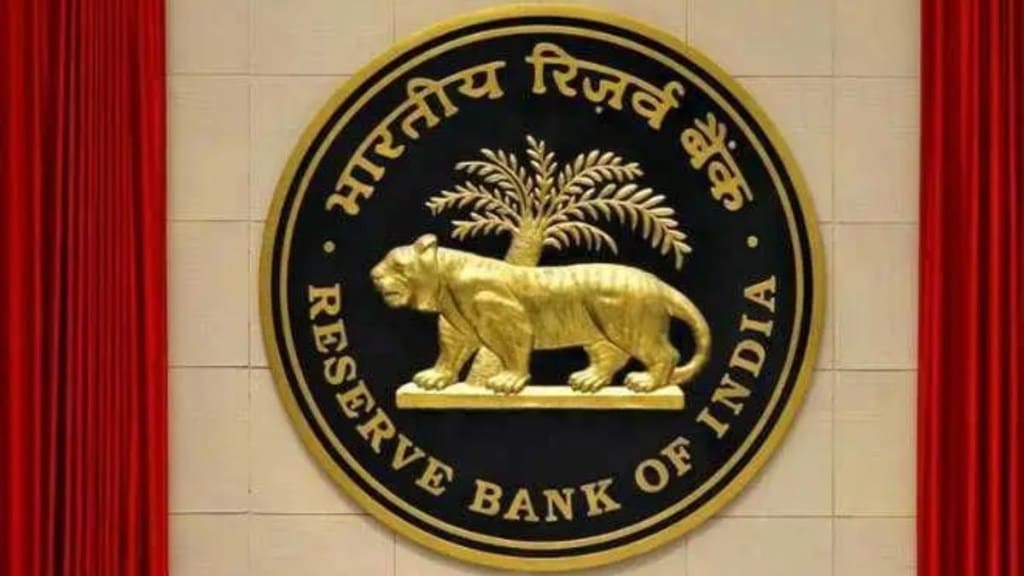The Confederation of Indian Industry (CII) is hopeful that the private sector will step up capital expenditure from the second half of the next financial year “as the atmosphere is becoming conducive.” To support that, the Reserve Bank of India should pause the rate hiking cycle while the government should extend the remission of export duties scheme by another three years to boost exports, CII President Sanjiv Bajaj told FE’s Prasanta Sahu. Edited excerpts.
The government is asking when private sector will start investing…
In the last three years, the pandemic and thereafter the significant monetary tightening have ended up dampening demand. The time has come now for the RBI to decouple its rate changes from the global economy because the common threat of the pandemic has receded.
We suggest that the RBI pause rate increases, which should help in improving growth. We are already starting to see additional private-sector capex in several sectors including steel, chemicals, construction, textiles and electronics. The production-linked incentive (PLI) schemes are helping some of the sectors.
Between the second and third quarters this year, overall private sector capacity utilization has moved up from 72% to 74%. In the absence of any big negative external shock, we should start seeing more and more announcements of capex from the second half of next year. This should then help in complementing the government’s public-sector spending and ensure the economy grows faster. Banks now are sufficiently de-leveraged and they are ready to lend as well.
Should PLI schemes cover more sectors?
We are already seeing a good impact of the PLI schemes on several sectors. We need to focus on a few employment-linked incentives (ELI) schemes in sectors where there is large-scale employment such as logistics, tourism, film, animation and gaming. Those could be the next set of areas to focus on. Creating more jobs will lead to more consumption, security and additional economic growth.
What else the government should do to support growth revival?
We have been very encouraged by the fact that the budget included several recommendations from the CII such as a 37% increase in capex to Rs 10 trillion and a reduction in income taxes at the lower end of society to put more money in people’s pockets.
We would suggest a few more things. Exports are slowing down. The RoDTEP (Remission of Duties or Taxes on Export Products) scheme, which the government has extended till September this year, ought to be extended by another three years. Since a lot of the export contracts are long-term in nature, this will provide the exporters much comfort.
Our industrial and foreign trade policies must be aligned to make sure that focus on building manufacturing strength is not diluted. The Free Trade Agreement (FTA) negotiations should be expedited and the benefits from them with the PLIs. There should be a continuous focus on ease of doing business and better coordination between states and the Centre.
Is disinvestment moving in the right direction?
The government has identified the strategic and non-strategic sectors. Our suggestion is to move all the strategic disinvestment (privatisation) responsibility to the Department of Investment and Public Asset Management (Dipam) so it can announce a proper divestment schedule and move ahead, independent of administrative ministries.
People always talk about the impact of divestment. Look at what has happened with Air India and Neelachal Ispat Nigam Ltd (NINL). Look at the scale of expansion and growth of Air India announced recently. The government could never have funded this type of expansion. This is how divestment can benefit the country.
What are the economic growth prospects in FY23 and FY24?
We are expecting that this year will end with about 7% growth as estimated by the National Statistical Organisation. Next year, the expansion could be somewhere around 6.5%, though there is uncertainty around it because the global situation is still quite uncertain. So the main thing is what can we do as a country to strengthen our own situation. Exports need to be boosted. To spur domestic demand, further interest rate increases should be paused.
What impact the collapse of SVB will have on India?
I will not blame start-ups, which are not sophisticated. But, I think the message to the banking system is very clear. At the end of the day, prudence plays a very significant role in banking and making sure that ALM (asset and liability management) mismatches are minimal.
